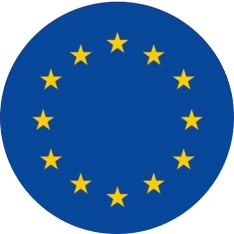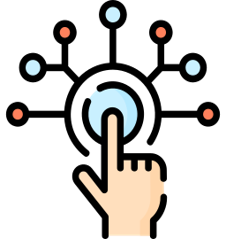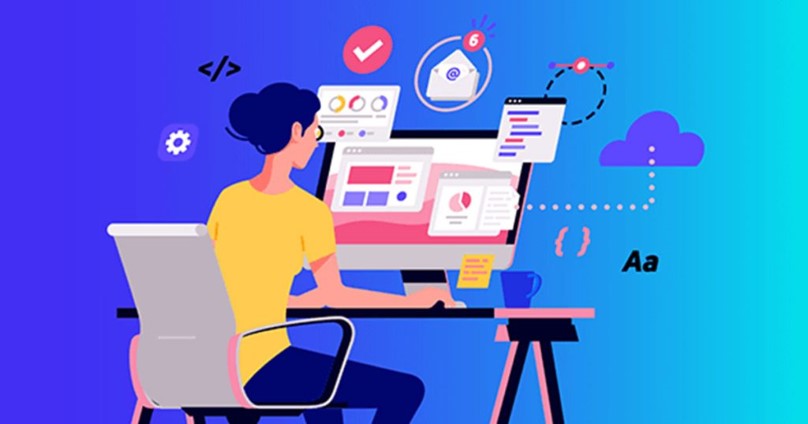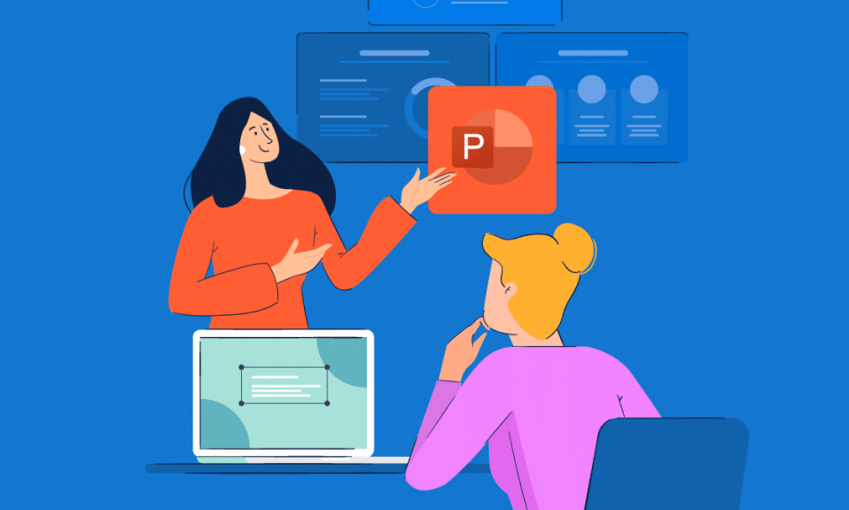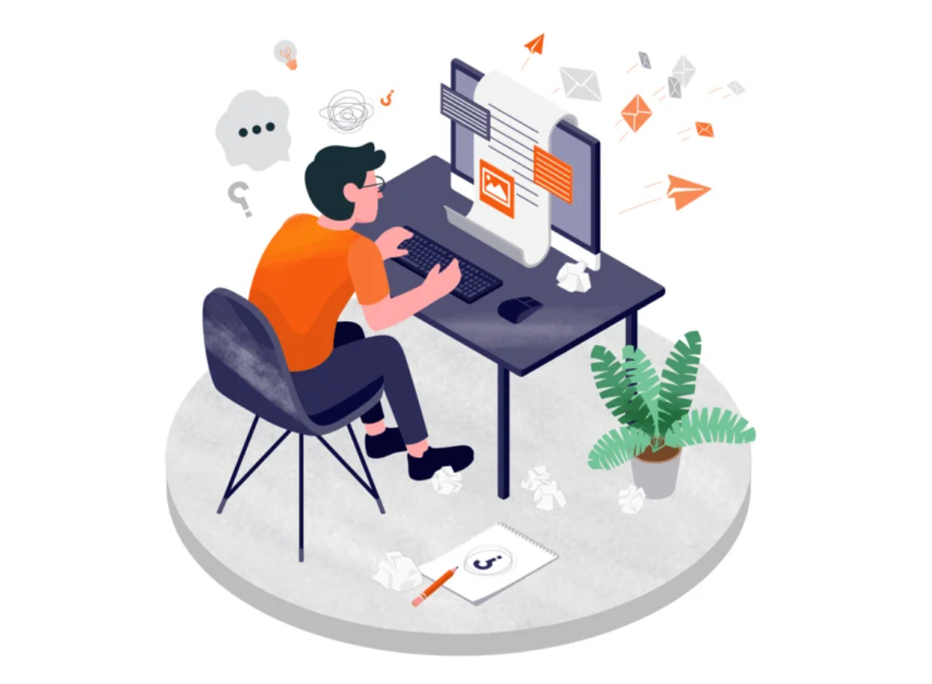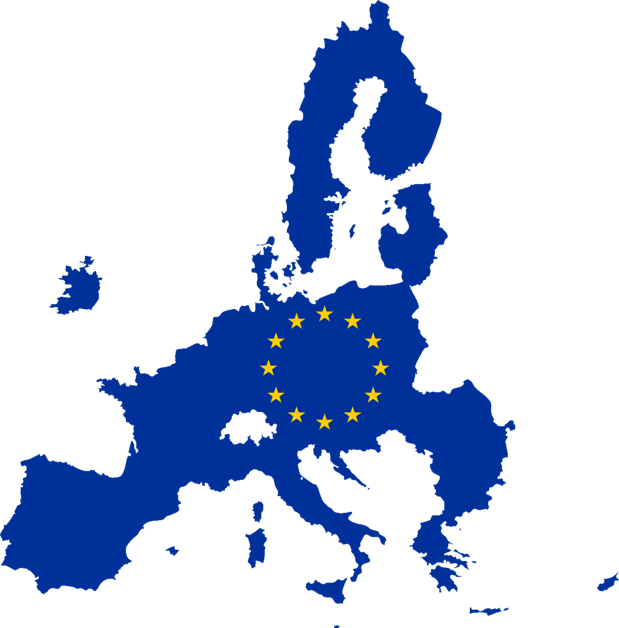|
What to know before starting? What to know before starting?
 What will you learn? How much time will it take? EQF level Let’s start... but first watch these short videos
 Digital Skills Digital Skills
 DEFINITION
Importance of digital skills in today's job market
 In the EU, digital skills are crucial for participating in the digital economy and society. Initiatives like the Digital Skills and Jobs Coalition aim to bridge the digital skills gap through education and training. Employers highly value candidates with strong digital skills for navigating technological changes and leading digital transformation.
Core Digital Skills

Digital Tools for Productivity
 Office Suite Skills: Word processing, spreadsheets, and presentations.
Digital Skills Digital Communication Skills
 Professional Communication: Writing emails and maintaining professional online profiles.
Digital Skills for Job Search and Career Development
 Online Job Search: Use job boards, career sites, and networks to find jobs and connect with professionals. Personal Branding: Build a strong online presence with professional profiles, portfolios, and community engagement to show skills and achievements. Continuous Learning: Keep learning with online courses and resources to improve skills and stay updated. Mastering these skills helps people navigate the digital world, grow their networks, and advance their careers. The Importance of the Digital Skills in Rural Areas
 Remote Work Opportunities: These skills allow rural residents to access remote jobs, expanding their employment options without the need for long commutes. Entrepreneurship: Digital skills empower rural entrepreneurs to establish online businesses, tapping into global markets and creating economic opportunities within their communities. Online Education: With digital skills, rural individuals can access online education and training, improving their qualifications for various jobs without needing to relocate. Telehealth Services: Digital literacy enables healthcare professionals in rural areas to provide remote consultations and services, improving access to healthcare for underserved populations. Government and Nonprofit Services: Digital skills are essential for managing online services and programs, creating employment opportunities in public administration and social services within rural communities. Digital Skills & EU

Sources Sources
 Digital Skills for Employment | SpringerLink What are Digital Skills for Work? | Importance & Examples (highspeedtraining.co.uk) Digital skills and jobs | Shaping Europe’s digital future (europa.eu) Digital skills | Shaping Europe’s digital future (europa.eu) |
Ensure all students have access to necessary digital tools and resources before the session.
Encourage active participation and collaboration among students.
Provide clear instructions and support for the practical exercise.
Be prepared to offer additional examples and explanations to clarify complex concepts.
Consortium
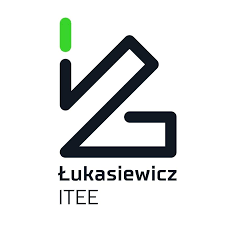





 Play Audio
Play Audio 



 Understand the Importance of Digital Skills
Understand the Importance of Digital Skills 30 minutes
30 minutes



